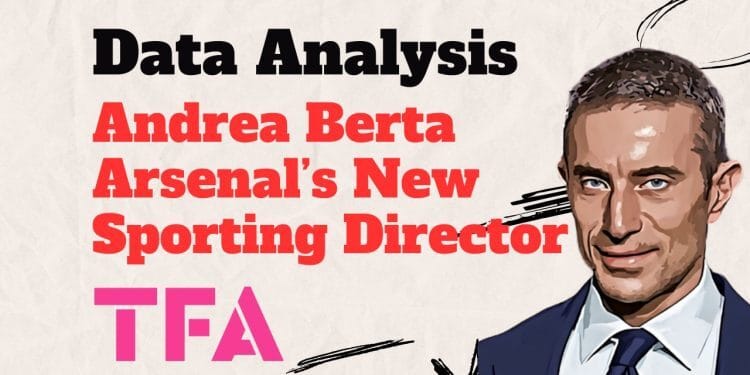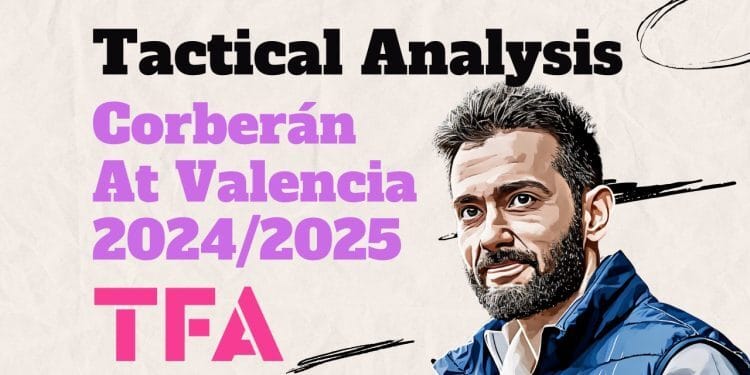
The Home Of Tactical Analysis
Get A Free Demo of Playmaker AI & Discover Top Talent in Seconds
Top clubs, agents, and scouts worldwide are turning to Playmaker AI, the football analytics platform that’s changing the game.
Save Time: Instantly spot standout players across hundreds of leagues.
Save Money: Cut back on travel and streamline decisions with precise, data-driven insights.
Gain Tactical Edge: Access in-depth player and tactical analysis in seconds.
Ready to scout smarter?

Schedule a free demo of PlayMaker.AI today!
Today’s TFA Posts ⚽
The UEFA Champions League quarter-final first-leg clash between Paris Saint-Germain and Aston Villa was a fascinating encounter of contrasting tactical philosophies between 2 Spanish managers, Luis Enrique vs Unai Emery.
Luis Enrique’s PSG utilised a fluid and adaptable 4-3-3 setup, which was a testament to their quality.
In contrast, Unai Emery’s Aston Villa had a more risk-averse 4-2-3-1 approach, which later morphed into a 6-3-1 defensive shape out of possession.
The gulf in quality between the two teams, particularly in wide areas, was evident for viewers as PSG’s ability to exploit Villa’s defensive vulnerabilities ultimately defined the first tie with a 3-1 win for the Parisians.
This tactical analysis will unpack the tactical battle by looking into the structural dynamics of both teams, the individual matchups, and the theoretical implications of their respective approaches.
The discussion will also explore key moments that shaped the game, focusing on the pressing structures, defensive organisation, and the limitations of Aston Villa’s attacking transitions.
The spotlight rightly hovers over players and managers.
They’re who we pay to see.
But the architects of sustainable footballing projects often operate away from the floodlights, even away from press conferences, only lurking for the occasional direct-to-camera spot in a documentary, all while managing the untold complexities of modern football clubs.
We supporters confidently opine about who does what and who is to blame.
But the truth is, we often don’t know.
For starters, so much is dictated by the clarity, financial strength, and top-down cultural thrust of the owner and the club itself.
You don’t have to look further than Old Trafford to see how managers with different systems, philosophies, ages, and energies can all feel similarly powerless against the entrenched atmosphere of A Thing.
Culture eats strategy for breakfast, as the saying goes.
Beyond that, it’s hard to parse.
Backroom decisions, responsibility, and blame are all wrapped in obscurity — usually by design.
The beauty of this is that, as the executive’s career winds down, each can write their own tell-all book, taking credit for the successes and distancing themselves from the failures.
It’s a foolproof system.
There is just so much mystery involved.
Few exemplify it more than Arsenal’s new sporting director, Andrea Berta.
He isn’t a club legend, a loudmouth agent, or a significant media presence of any kind.
TFA Archives 📆
Valencia face Sevilla today, climbing out of the relegation zone under Carlos Corberán!
His tactics have sparked a turnaround—here’s how he’s reshaped their identity and reignited their La Liga season.
RB Leipzig face Wolfsburg today in the Bundesliga.
They faced off not long ago in the DFB-Pokal—check out our match analysis from that clash to see what tactical battles could play out this time too.
Will Still’s Lens face off with his former club, Reims, in Ligue 1 today.
Read about the young Englishman’s use of wide centre-backs in defence this season.





